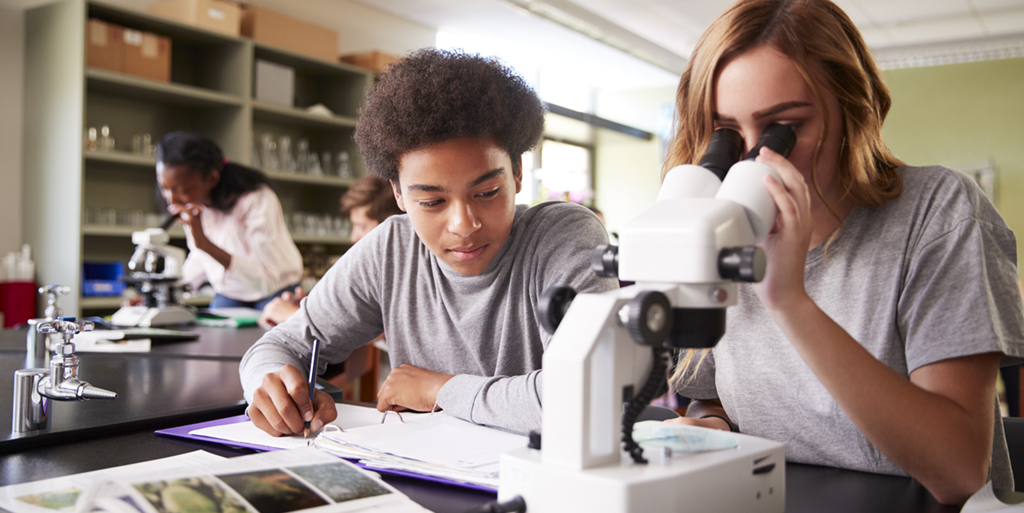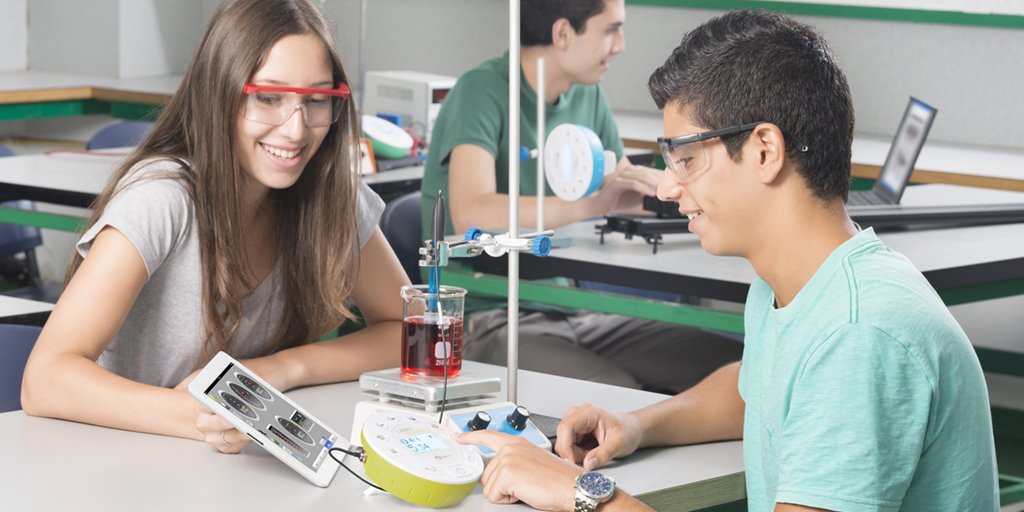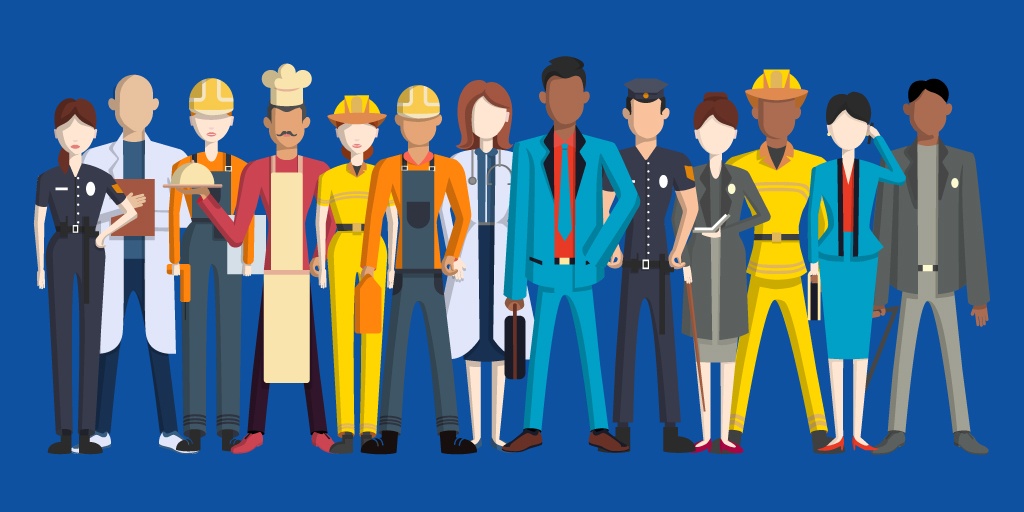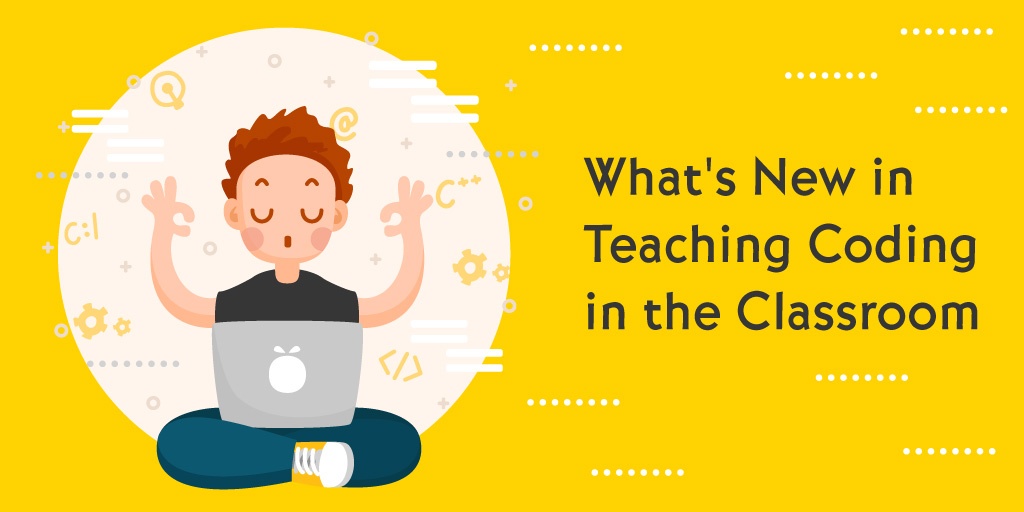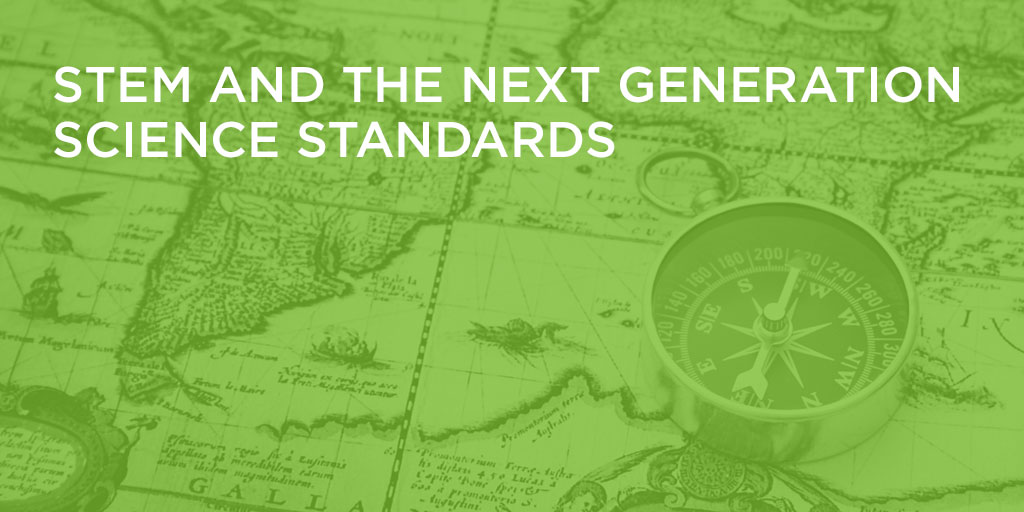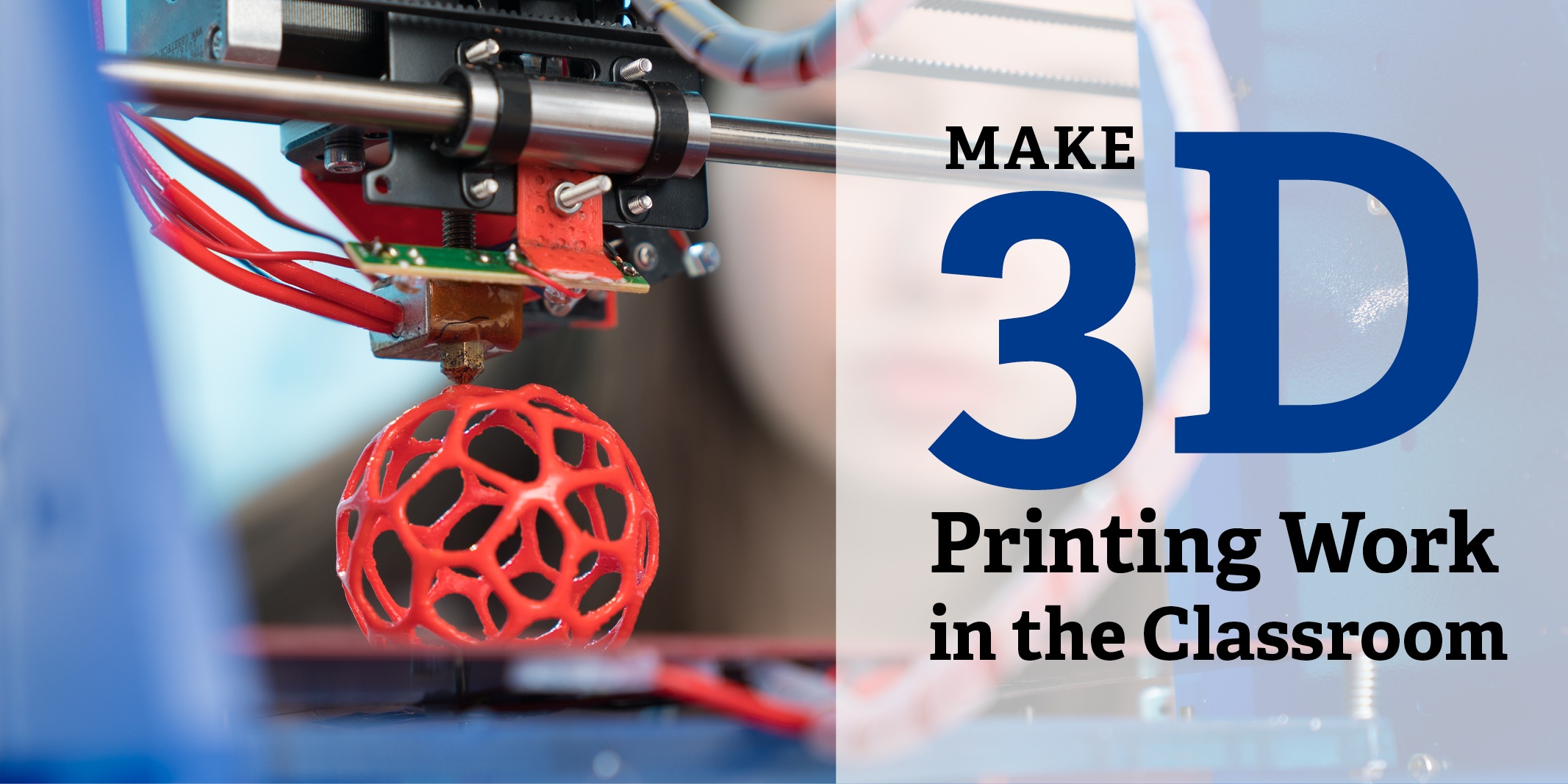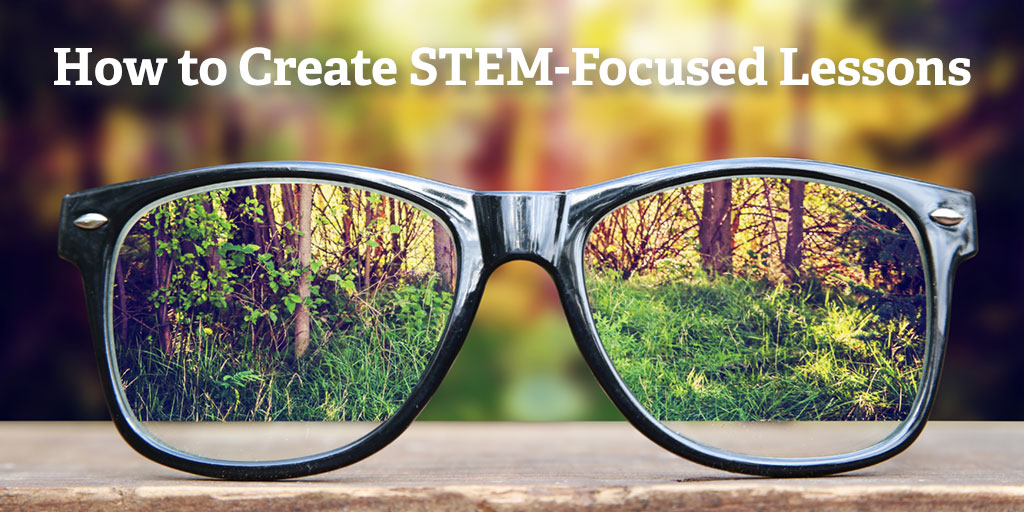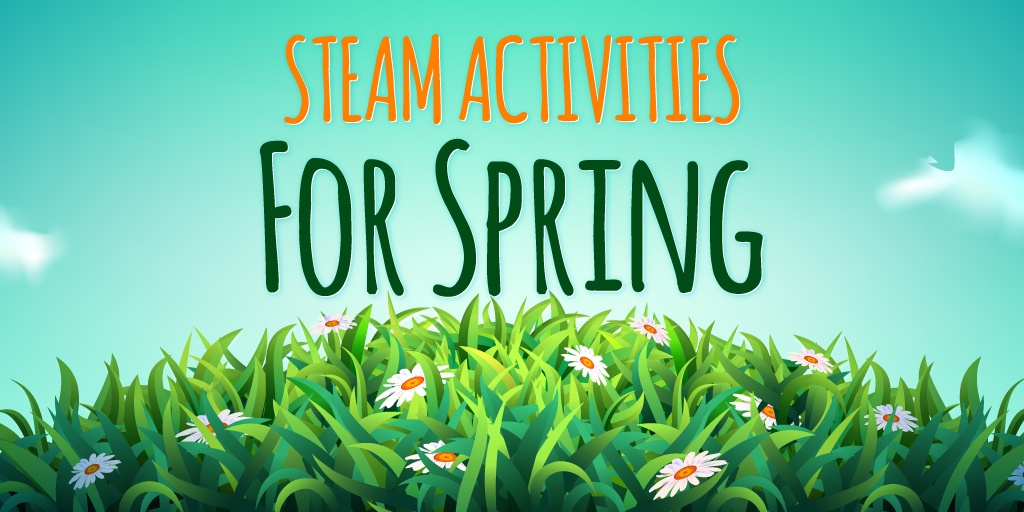In part one of the CTE overview, we provided a short history of career and technical education along with some examples of pros and cons for students and schools when it comes to implementing CTE courses. The real power of CTE, in my opinion, comes when career preparation and college preparation are not independent, but when they work in conjunction with one another.
CTE Series Part 1: The Role of Career and Technical Education (CTE) in Our Schools
Learning for the sake of learning is a great idea—students are able to learn what they want and focus on anything of interest. Sounds great, right? Our schools, and in particular our public educational system, exist in part to fill the needs of the careers that our country needs. This isn’t the sole reason that we educate our students, but it is definitely part of it. And rather than just teaching students what may interest them, we attempt to prepare them for specific careers that they can easily transition into after high school or other post-secondary education.
Topics: STEM
This concept may be a hard one for a lot of us to wrap our heads around, but there is a good chance that whatever your first job was will not be the first job of your students. This may sound pretty straightforward, but I think the idea is somewhat profound. When we stop to think about it, the entry-level positions of yesterday probably won't exist in the future. Whether these jobs come from the service sector, food service, or manual labor, there is a good chance that our students will not have access to the same positions that we did—and if they do, probably not on the same scale.
Topics: tips for teachers, STEM
Exciting news: November 8, 2018 will mark the third Boxlight STEM Day (#BLSTEM)! Just like last time, students will work with their classmates in a hands-on, inquiry-based learning event designed to help them learn critical STEM skills and understand how STEM disciplines apply to the world around them. And as before, Boxlight will provide the lab experiment—the event will involve using our wireless Labdisc portable STEM lab, so it’s less “same old classroom activity” and more “exciting new real-world work.”
The event is open to every school that has the Labdisc data logger. No matter where you are, as long as you have a Labdisc, your class can join in the learning fun. This year, students will use the Labdisc to perform simultaneous experiments to observe and measure the light intensity of different light sources. Think about how incredible it will be to conduct this experiment and share data along with other science classes across the US and Latin America!
Topics: STEM Lessons, STEM
Change in education sometimes take time—months or even years. However, this is not true in the area of computer coding in the classroom. Coding has become an ever-evolving curriculum for students in K-12 education. New products, opportunities, and curriculum options seem to come online every day, making it hard to keep up with what is most current and popular in classrooms.
Topics: STEM
The urgency for STEM education has been fueled by a workforce imperative and the need to supply an increasing demand for STEM jobs in the United States. This coupled with the new NGSS brings into focus the need for educators to understand the benefits to this unique pairing. Think of integrated STEM instruction as a road map and the NGSS as the GPS or compass. Both direct you to the same destination, however while one gives a general route, the other provides a more guided approach to finding your way with the option of many alternate routes—whatever suits you as a teacher and, more importantly, the individual needs of your students. The overlap provides teachers with more room for experimentation with lesson plans and curriculum activities, not additional work.
Topics: STEM Lessons, STEM
With the current trends of makerspaces and technology-rich classrooms being so popular, many teachers are looking to further engage students with 3D printers. This technology is cool and innovative, but teachers may have questions about how it will actually work in the classroom.
STEM learning is at the forefront of education today—and it shows no signs of slowing down. The focus on STEM subjects (science, technology, engineering, and math) is a necessity in order for Americans to be competitive in the job market in future years. Careers in these fields will continue to grow, so it's imperative that we make STEM a priority for today's students in order to prepare them for the jobs of tomorrow.
Topics: STEM Lessons, STEM, STEAM
NSTA 2018: A Collaborative, Hands-On STEM Workshop to Make Science Relevant
We’re back from the National Science Teachers Association’s 2018 National Conference on Science Education in Atlanta, Georgia! PowerUpED graciously gave us and Globisens, makers of the Labdisc portable STEM lab, the chance to collaborate with them on a workshop called “Make Science Relevant and Engaging,” which centered around the Labdisc mobile data logger.
Topics: STEM Lessons, STEM
Now that spring has sprung, it’s the perfect time to get outside and try some fun educational activities. Science, technology, engineering, art, and math—collectively known as STEAM—are at the forefront in education today, and can sometimes be overwhelming when trying to figure out ways to implement these concepts.
But it doesn’t have to be! Here are six fun ideas for STEAM activities this spring:
Topics: Science Lessons, tips for teachers, STEM, STEAM

